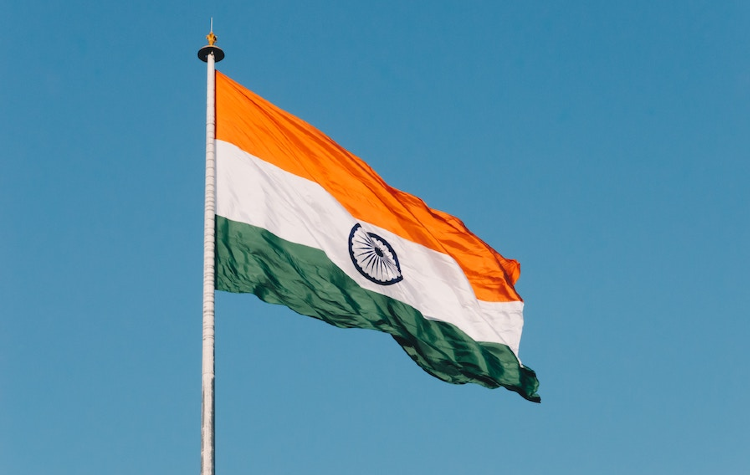52nd regular session of the UN Human Rights Council
Item 6: Adoption of the Universal Periodic Outcomes of India
Statement delivered by Ahmed Adam
On behalf of Asian Forum for Human Rights and Development (FORUM-ASIA), International Federation of Human Rights (FIDH), International Service for Human Rights, CIVICUS: World Alliance for Citizen Participation and World Organization against Torture (OMCT)
27 March 2023
Mr. President,
We regret that India failed to accept several key recommendations related to some of the most serious human rights concerns in the country.
These include India’s failure to support a large number of recommendations related to the Foreign Contributions Regulations Act (FCRA) which continues to be systematically used to harass and intimidate civil society organisations with serious implications on civic space.
Similarly India continues to ignore the broad human rights concerns related to the Armed Forces Special Powers Act (AFSPA) and Unlawful Activities Prevention Act (UAPA) reflected in the recommendations to repeal or amend these laws in line with international standards.
We acknowledge that India accepted a recommendation to adopt a law on human rights defenders. However, we note that a new legislation is not necessary to end the ongoing use of existing legislation such as UAPA and FCRA to harass, intimidate, or arbitrarily detain human rights defenders on politically motivated grounds. A new HRD law is meaningless as long as these laws remain in force and they must be repealed or amended as a first step towards meaningful protections of human rights and fundamental freedoms and to create a safe environment for HRDs, journalists and civil society.
We are disappointed that India has rejected the recommendations on the human rights crisis in Jammu and Kashmir, which points to the government’s denial of the serious human rights implications of its policies including heavy militarization in the region. We urge India to provide the OHCHR and independent human rights observers unfettered access to Jammu and Kashmir in line with recommendations of the previous OHCHR reports on Kashmir.
We call on India to reconsider its position on the large number of recommendations to abolish the death penalty and to make a serious commitment to ratify the UN Convention against Torture. We also urge India to ratify the Convention on the Status of Refugees and take steps to ensure the rights of refugees and asylum seekers in line with UPR recommendations.
Finally, we call on India to take meaningful action in line with UPR recommendations that it received to combat and prevent increasing hate speech and incitement to violence against minorities, especially Muslims, often by Hindu nationalist leaders with complete impunity.
Thank you.




